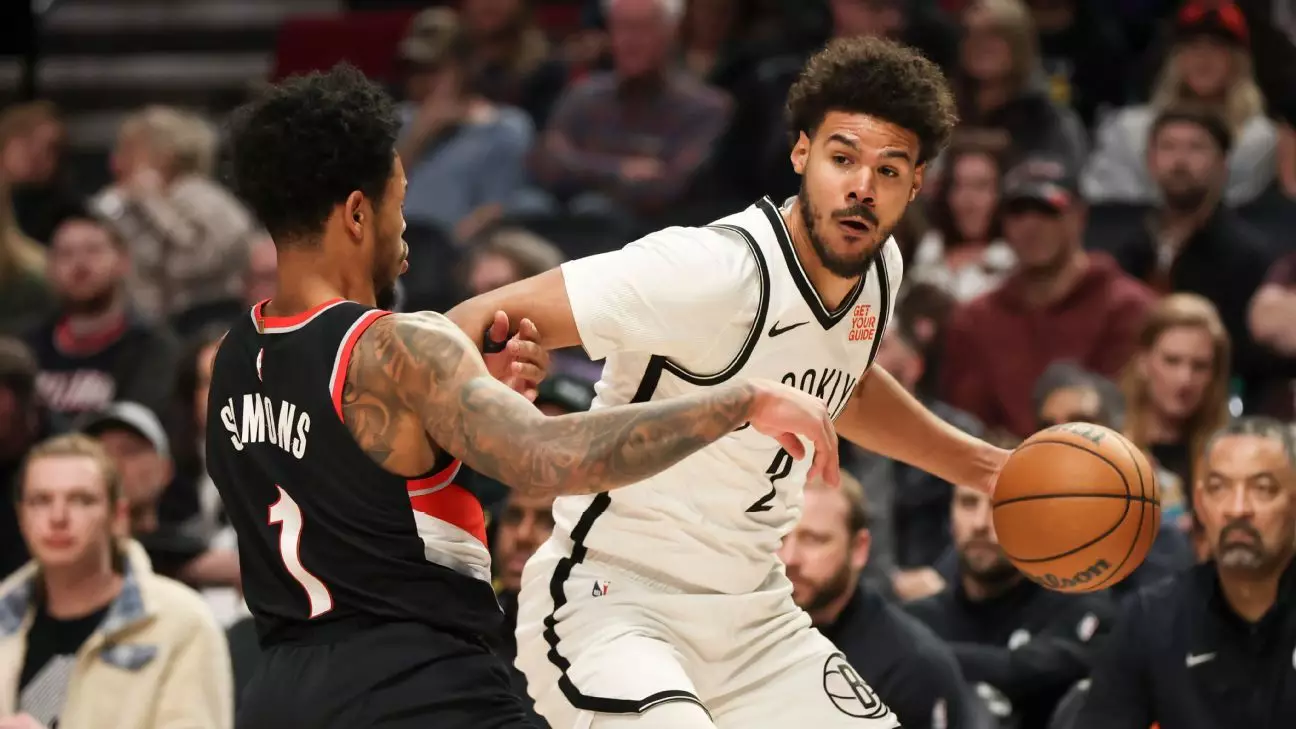The Denver Nuggets have embarked on a decisive roster transformation under the guidance of their new leadership team, signaling a clear intent to recalibrate their championship window. With Ben Tenzer stepping in as executive vice president of basketball operations and Jon Wallace assuming the role of executive vice president of player personnel, the Nuggets are signaling a fresh vision that prioritizes flexibility and strategic asset management. Their inaugural high-profile trade—shipping Michael Porter Jr. and an unprotected 2032 first-round pick to the Brooklyn Nets for versatile forward Cameron Johnson—underscores their commitment to reshaping the roster with a more balanced and financially prudent approach.
Analyzing the Trade: Risks and Rewards
Trading a high-impact player like Michael Porter Jr., especially one who has been a consistent offensive contributor and vital in Denver’s recent title run, is a bold gamble. Porter, with a $79 million contract spanning two more years, brings reliable scoring and an efficient three-point shot—he converted 40% of his attempts last season. However, his injury history and contract size may have rendered him a cumbersome piece under the new front office’s vision, which seemingly favors financial flexibility and roster versatility.
In contrast, Cameron Johnson presents an attractive profile: a 6-foot-8 forward who emerged with a breakout campaign, boasting nearly 19 points per game while maintaining a 39% accuracy from beyond the arc. Johnson’s contract is notably less burdensome, which grants Denver increased salary cap maneuverability moving forward. While Johnson might lack Porter’s established rapport with stars Nikola Jokic and Jamal Murray, his shooting prowess and defensive capabilities could create a more harmonious fit within Denver’s evolving system, particularly under new coaching strategies.
The inclusion of an unprotected 2032 first-round pick adds a layer of long-term risk but also potential reward, illustrating how the Nuggets are betting on immediate success over distant draft capital. This move signals a “win-now” mentality that prioritizes maximizing the current peak years of Jokic, arguably the franchise’s greatest talent.
Complementary Moves and Locker Room Dynamics
Parallel to the trade, Denver’s decision to re-sign Bruce Brown to a minimal one-year deal demonstrates the front office’s commitment to preserving crucial locker room chemistry and veteran leadership. Brown’s intangible qualities—his team-first attitude and pivotal role during Denver’s 2023 championship campaign—offer invaluable context beyond raw statistics. His versatile contributions and ability to mesh seamlessly alongside Jokic and Murray make him a stabilizing force amid significant roster upheaval.
Such moves indicate the Nuggets’ awareness that maintaining a cohesive and motivated team environment is as critical as acquiring talent. Balancing the tangible skillsets with intangible synergy underscores the new front office’s nuanced approach to team-building.
Coaching Stability and Future Outlook
Following a turbulent finish to the prior season—marked by the abrupt dismissals of head coach Michael Malone and GM Calvin Booth—the Nuggets demonstrated adaptability by promoting David Adelman to permanent head coach. Adelman’s leadership helped the team reach the second round of the playoffs despite transitional challenges, suggesting that the Nuggets desire continuity on the sidelines as they refine their roster.
In this light, the Porter-for-Johnson trade aligns with a broader organizational strategy: leveraging coaching stability and calculated roster changes to craft a nimble, championship-capable squad. This reflects a front office willing to make tough, sometimes controversial decisions to maintain Denver’s competitive edge in an increasingly deep Western Conference.


Leave a Reply